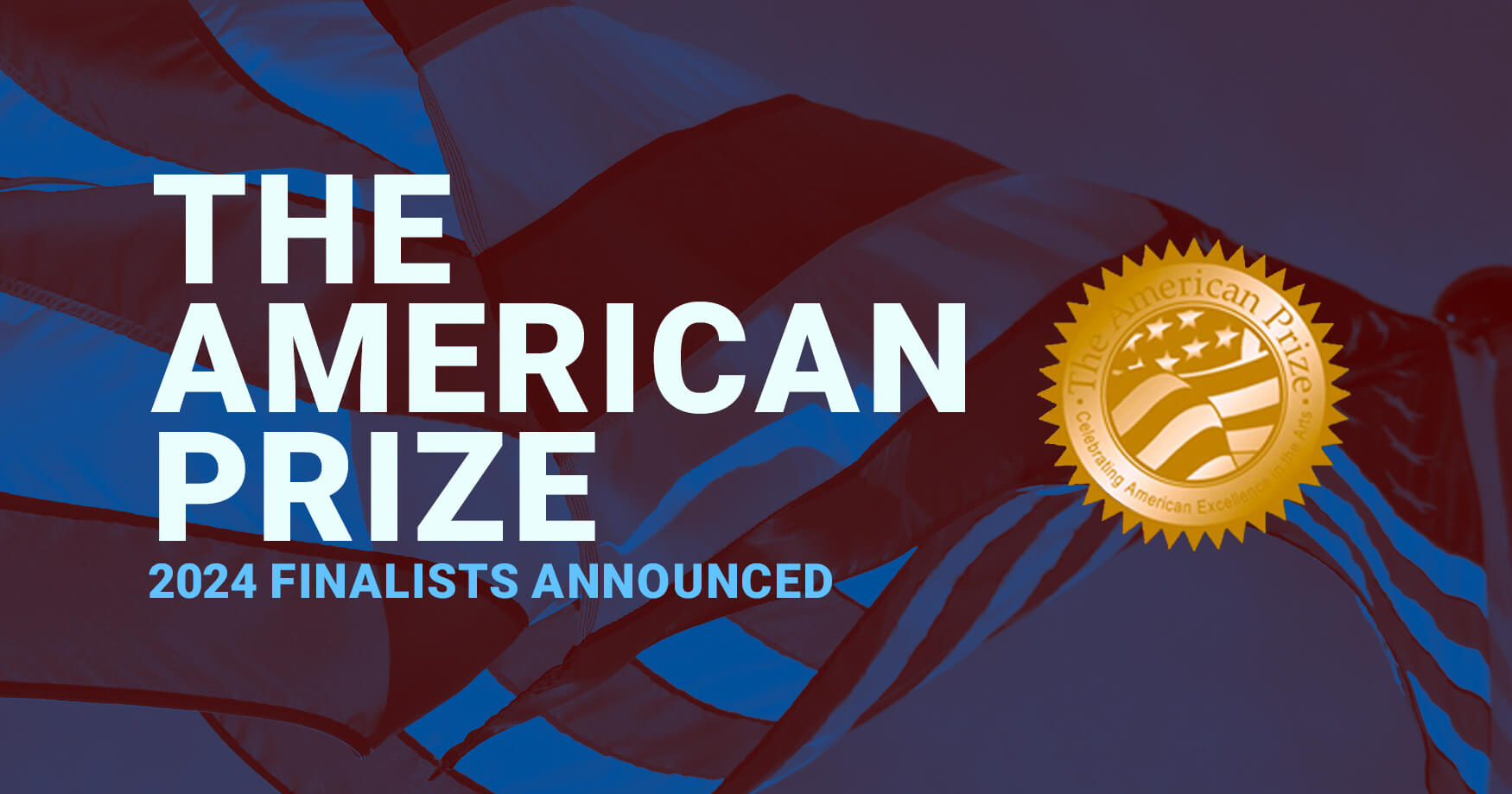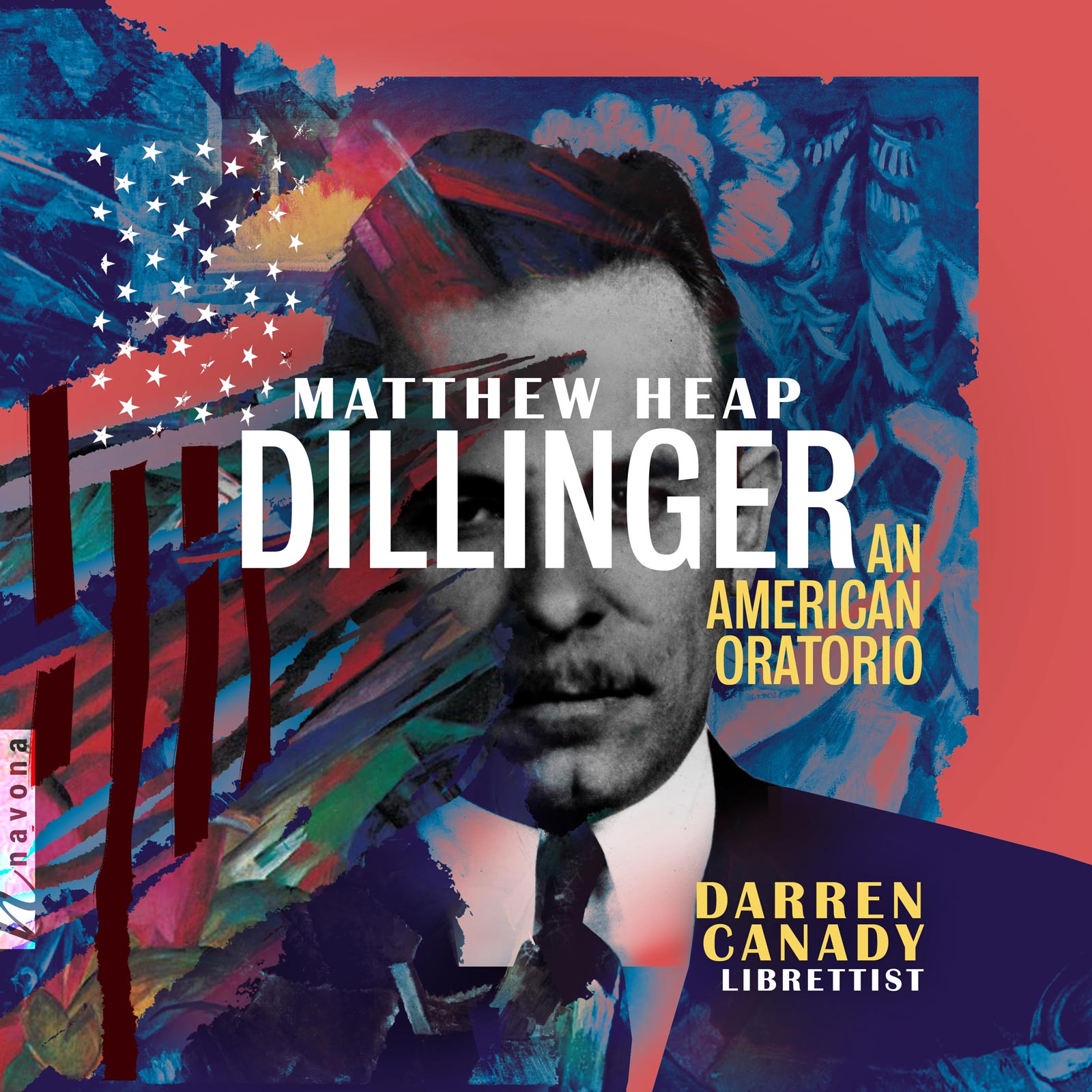
Matthew Heap, born in 1981, is an internationally-performed composer whose music has been featured in several American and English cities and on WQED and WCLV radio. He is also very involved in the theater community as an actor, director, and writer. Matthew received his B.F.A. from Carnegie Mellon University, M.M. from the Royal College of Music in London, and Ph.D. from the University of Pittsburgh. He has studied with Leonardo Balada, Eric Moe, Nancy Galbraith, Mathew Rosenblum, Amy Williams, and Timothy Salter.
His compositions range dramatically from completely atonal concert music to musical theater. He believes in using the techniques and materials that best express the idea that he is hoping to represent, whether they be microtones, multiphonics, 12-tone practices, or triadic harmony. He has been a finalist and participant in the Iron Composer Competition and fellow at the June in Buffalo festival, where Allan Kozinn of The New York Times called his music “engagingly noisy…[and] rhythmically sharp-edged.” He has written major works for the Talea Ensemble (NYC), Duo Scordatura (TX), Contemporary Enclave (Thailand), TEMPO (LA), Trillium (PA), and Khasma Piano Duo. He has recently finished a new opera with Darren Canady about the intersection of gender and politics (Helen Martin: An American Moment) which was premiered in a filmed performance by Steel City Opera; it is available on YouTube and was a finalist for the American Prize in Composition. Matthew is currently working on projects with Nina Assimakopoulos and Lauretta Werner, and is in the process of releasing an album of his oratorio Dillinger: An American Oratorio. He is an Associate Professor of Composition and Theory at West Virginia University.
Albums
Dillinger
Catalog Number: NV6525




